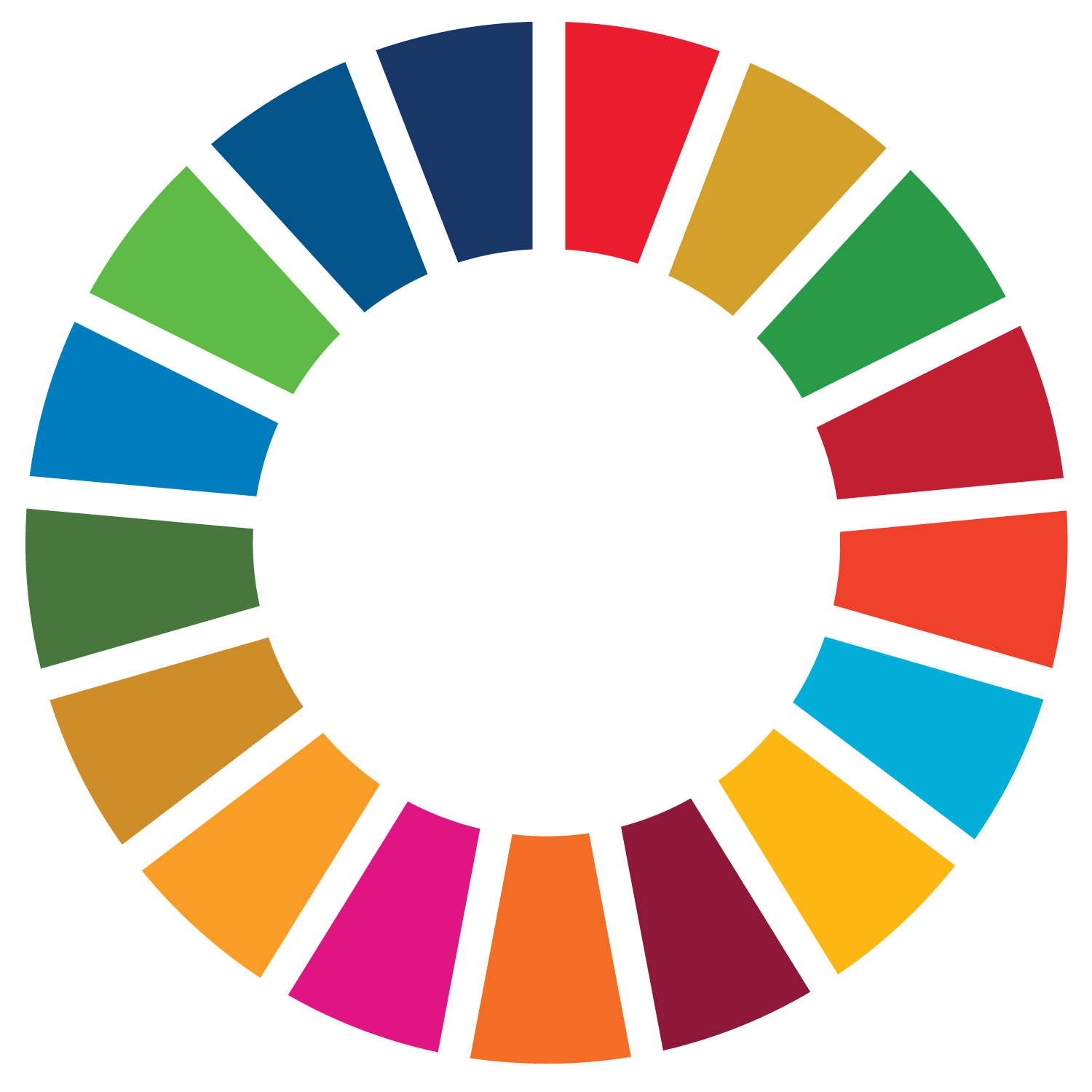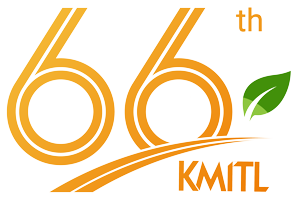Policy and Measures Against Harassment, Abuse, and All Forms of Violence Principles and Intentions
King Mongkut’s Institute of Technology Ladkrabang
Policy and Measures Against Harassment, Abuse, and All Forms of Violence Principles and Intentions King Mongkut’s Institute of Technology Ladkrabang
Policy and Measures Against Harassment, Abuse, and All Forms of Violence Principles and Intentions King Mongkut’s Institute of Technology Ladkrabang
King Mongkut’s Institute of Technology Ladkrabang (KMITL) is committed to fostering and maintaining a safe, equitable, and respectful educational and working environment that upholds the human rights and dignity of every member of its community. KMITL aims to promote the best possible learning atmosphere—free from harassment, abuse, bullying, and all forms of violence. In affirmation of this intention and to establish clear guidelines for conduct, the Institute hereby issues this policy.
Section 1: Definitions
“Harassment and/or Abuse” refers to any unwanted behavior—verbal, physical, or digital (cyberbullying)—that threatens, humiliates, intimidates, or degrades another individual’s dignity. This includes but is not limited to:
- Sexual Harassment, such as:
- Verbal Acts: Comments on physical appearance or clothing with sexual or discriminatory undertones, vulgar or obscene speech, sexual innuendo, inappropriate sexual topics, flirtation, spreading sexual rumors, or verbal intimidation of a sexual nature.
- Visual Acts: Staring or leering in a way that causes discomfort, including lascivious gazes or objectifying body parts.
- Physical Acts: Unwanted touching, groping, or sexually suggestive physical contact, including actions intended to exploit bodily contact.
- Communicative Acts: Display or sharing of explicit images, messages, or materials that cause fear or discomfort.
- Coercion and Manipulation: Threats or deceptive offers of academic or career-related benefits in exchange for sexual favors, or threats of harm to compel sexual acts.
- Bullying: Repeated aggressive behaviors—verbal or physical—intended to cause distress, including mocking, rumor-spreading, or social exclusion.
- Cyberbullying: Online harassment such as offensive posts, sharing private information without consent, or impersonating someone to cause reputational harm.
- Abuse of Power: Misuse of authority or position to intimidate, pressure, or exploit others for personal or sexual gain.
Section 2: Scope of Application
This policy applies to all members of the KMITL community, including students at all levels, faculty, staff, and administrative personnel. It also applies to external parties interacting with or participating in activities within the Institute.
Section 3: Violations
Any action that falls within the definitions of Section 1 shall be deemed a serious violation of KMITL’s disciplinary code and may also constitute a criminal offense subject to prosecution under applicable laws.
Section 4: Reporting and Support Channels
KMITL has established secure and confidential channels for affected individuals to file complaints or seek assistance:
- Responsible Unit: Office of Student Affairs and Alumni Relations
- Contact Channels:
* Phone: +66 2 329 8142 and +66 2 329 8000 ext. 3242
*Email: osda@kmitl.ac.th
*Online Form: Facebook KMITL Student life
All reports and related information will be treated with the utmost confidentiality, and no retaliatory action will be taken against complainants acting in good faith.
Section 5: Investigation and Disciplinary Measures
- Upon receiving a complaint, KMITL will conduct a fair, transparent, and prompt investigation while respecting the rights of all parties involved.
- If a violation is confirmed, disciplinary action will be taken in accordance with Institute regulations, which may include warnings, probation, suspension, dismissal, or termination.
- In cases involving criminal conduct, the Institute will cooperate fully with law enforcement authorities.
Section 6: Support and Remedies
Affected individuals are entitled to physical and psychological support from KMITL services, including free psychological counseling, academic accommodations, and assistance in accessing healthcare.
Section 7: Shared Responsibility
All members of the KMITL community are jointly responsible for promoting a culture of mutual respect, speaking out against harassment, and ensuring that the Institute remains a truly safe space for everyone.


